The reflection of “ordinary heroes” in the TV frame/people who started working without waiting for anyone+photo
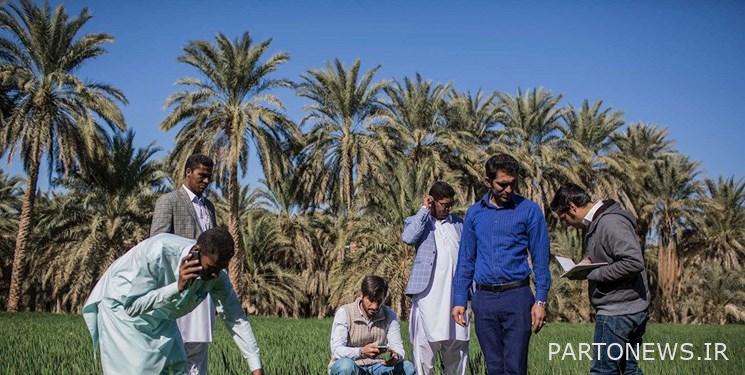
According to the reporter of Fars News Agency Radio and Television, the documentary series “Ordinary Heroes” produced by Mojtaba Heidari and co-directed by Mojtaba Heidari, Mehdi Rashund and Zahra Ostadzadeh, in each episode narrates the efforts of subjects who have been effective in improving their situation and the society around them. Is.
The point that attracts attention in “ordinary heroes” is decentralization. Out of thirteen episodes of this series, only one episode was filmed in Tehran and the rest were filmed in different climates of Iran. This collection is about people who may not be big and well-known names, but with great effort and effort, they have stepped on a path that has brought them success.
This documentary series, which has been narrated in 13 different climates, is the story of people who persevere, who were able to be the heroes of their lives and those around them from the heart of the community and the border and the environment, despite having very ordinary conditions; Those who consider their individual growth dependent on collective growth. “Ordinary Heroes” aired on One Sima channel during Nowruz.
The rebroadcast of this series on various Sima channels was an excuse to have a conversation with Mojtaba Heydari, the producer and one of the directors of the work, which you will read below.
Mojtaba Heidari, the producer and director of the “Ordinary Heroes” series, told Fars reporter: “My objective observations began when I was accompanying jihadi groups as a news photographer.” It was then that after getting to know the difficulties and hardships, I realized that it is exciting for me to observe the lifestyle, point of view and concerns of non-capital residents.
He continued: I also realized that the level of concerns and the amount of challenges in the capital is different from the amount of concerns and challenges in the areas far from the capital. It was important for me to be able to solve a problem through media work. From one point on, I didn’t want to be a mere reflector of problems, but I wanted to search and find someone from the same climate, with whose help a problem was solved.
The producer of “Ordinary Heroes” explained about the lack of pity and looking down on small towns and villages: This look is what we strive for. The fact that we traveled from Tehran to where the subjects lived should not make anyone think that the film-making group has any virtue over the people of that region. We ourselves learn from them, we even have family visits with all these subjects. I go to their house and they come to Tehran and our house. This friendship has been formed between us for years.
* Acceptance of deprivation makes abilities invisible
Heydari said about the stereotype of deprived areas: This stereotype is the product of years of ineptitude and inattention. The words that we apply and forget to those areas in the capital can bring harm to people. The semantic load of the term “deprived areas” has entered those cities and they themselves feel deprived. It is painful that the Friday imam of one of the cities proudly told us, welcome to the most deprived part of Iran! Accepting deprivation makes talents and abilities invisible.
Mojtaba Heydari, producer and director of the series “Ordinary Heroes”
The mission of “ordinary heroes” is to make people believe in themselves
He continued: The mission of “ordinary heroes” is for people to reach a self-confidence and not to think that all positive events and capabilities happen in the capital. In this collection, we did not want to be the only reflector of pain, but we went to the cities and villages that have solved the problem by their own hands.
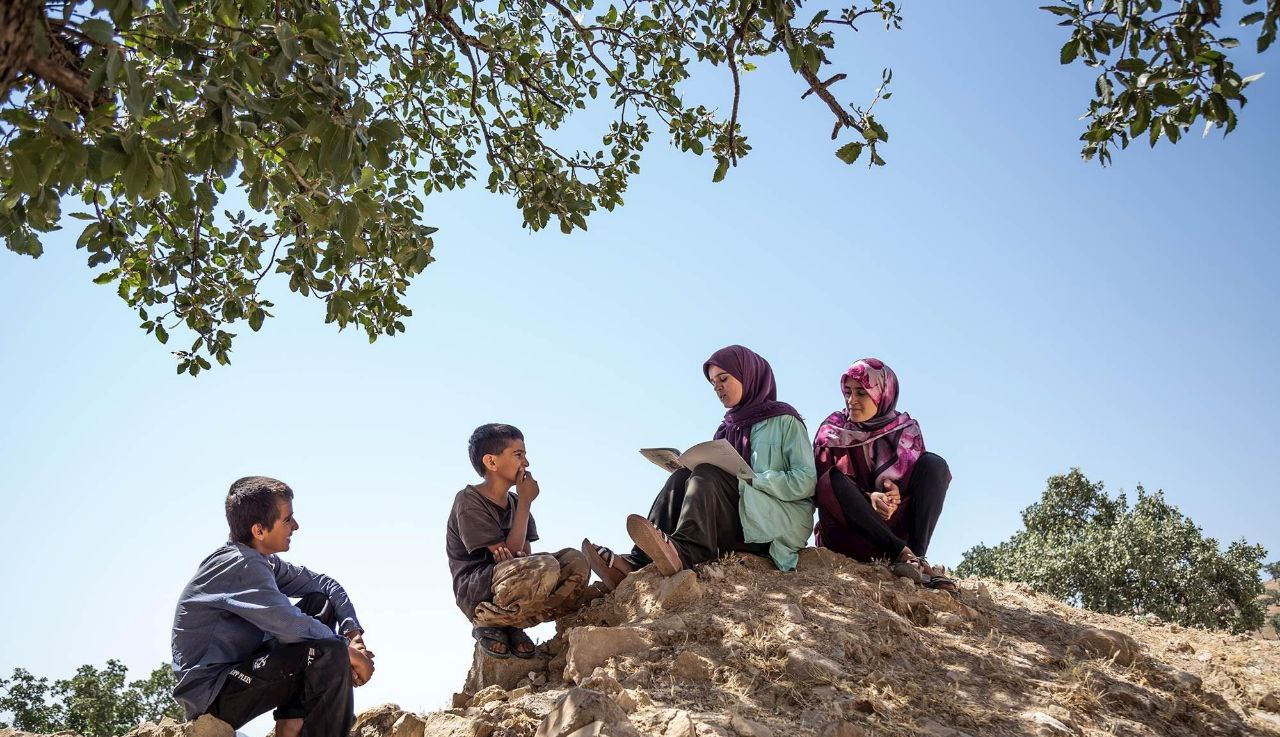
One of the directors of “Ordinary Heroes” recalled: In the public interviews of the president’s recent provincial trip that were published by radio and news agencies, I see that people are still waiting for the government to come and wave its magic wand to solve the problems. But the president should go there and give the people a sense of self-sufficiency; It means to say that you decide yourself and I, as the government, support the decision and plan of your elites. If this is not the case.
He emphasized: Among the subjects of “ordinary heroes”, there are people who have reached successful models to solve the problems of that region, but they are not invited at all in the various trips of Mr. President. Their efforts are not seen and no one asks them for advice. These are the causes of this class gap between Tehran and the rest of the country.
* People who are self-employed
Heydari clarified: My approach is towards the people. In my effort to do something, people should not wait for anyone and solve their problems themselves. “Ordinary heroes” are people who have started working on their own without waiting for anyone or getting a budget or an order from somewhere.
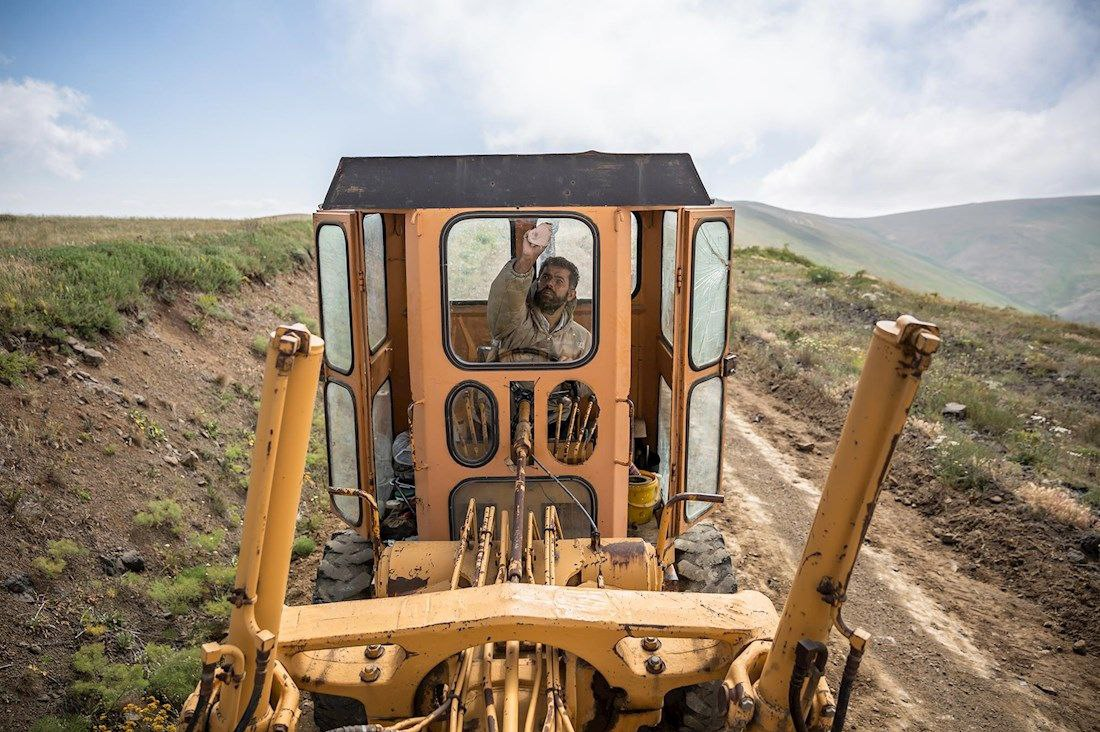
Referring to the audience’s reception of this documentary series, the producer of “Ordinary Heroes” stated: “The most visited episodes on the TVB site are the documentaries “Aton” and “So Simple” and it was very exciting for us that people liked these two episodes more; Interestingly, these two documentaries were produced in the most pristine parts of Iran.
* Seeing real and ordinary people is attractive to people
He explained about the “Aton” episode: It is attractive for people to see real and ordinary people. People who are pristine, simple and out of slogans, in a word, normal; But their ordinaryness does not mean that they do not do anything special. For example, our subject in the “Aton” project is a teacher who tries to introduce people’s children to reading books and stories. After seeing the documentary, many people even in the same area wanted to work like him. And for him now, the role of trainer has been created.
In another part of his speech, Heydari mentioned the support of the Surah Documentary Center for the production of “Ordinary Heroes”: This center supported us to make the film of the collection of photos that we had done before. The creation of this collection is the result of my years of traveling alone; “Ordinary Heroes” would not have been produced if we had not gone and found the subjects.
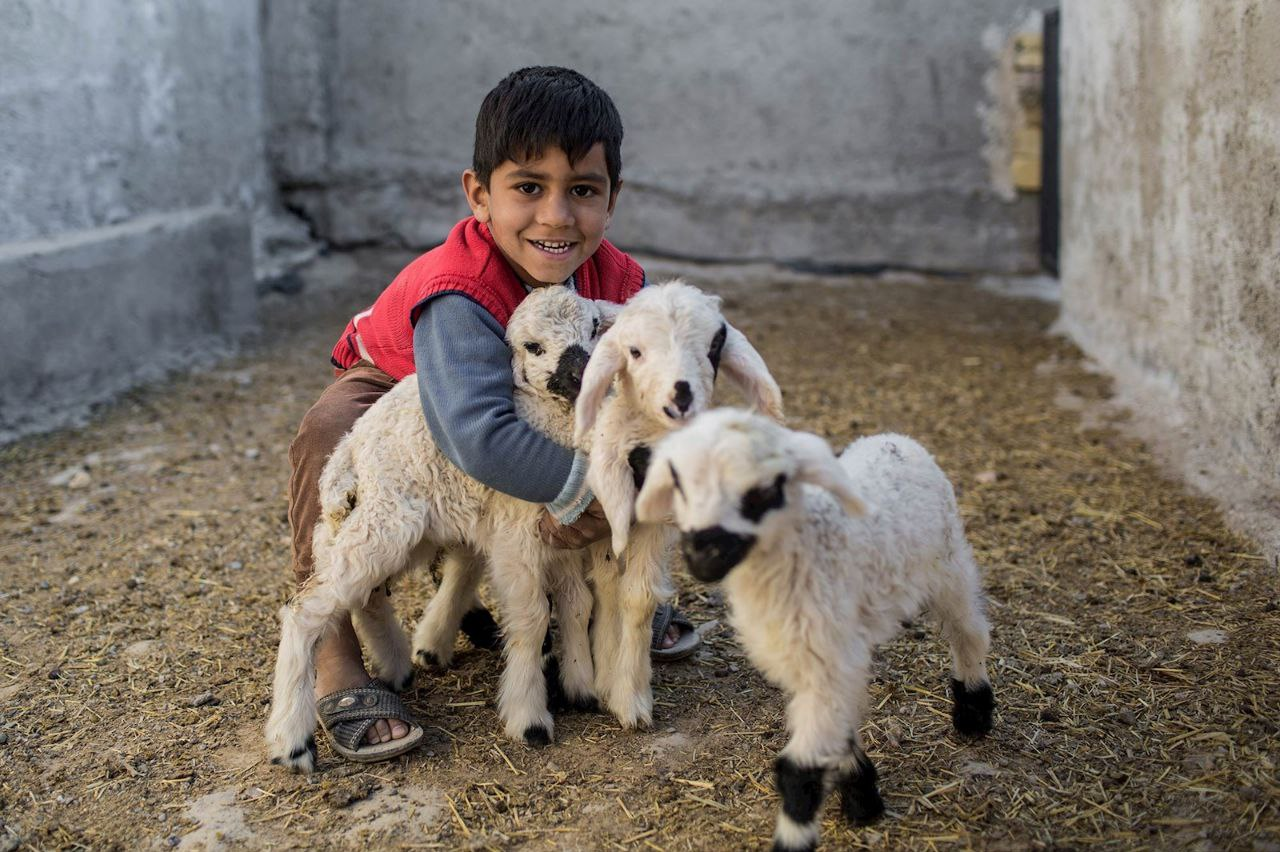
The producer of “Ordinary Heroes” stated: The executive of the project of this series is Su Documentary Agency; A collection whose formation goes back to the first half of the 90s. After the projects I worked on in the field of documentary photography, I started holding training courses for those interested. Now many young people are present in our collection, here they gain experience with their elders and they go closely to different areas and have a very effective role in the production of work. The production team and subjects of “Ordinary Heroes” have a similar pattern. During production, I had a saying that “ordinary heroes” are made by ordinary filmmakers, for ordinary people.
Referring to his social role, he reminded: regardless of political, organizational and governance currents, we ourselves feel responsible towards ourselves, society and the field of art. Didn’t the Supreme Leader say in the past years that Atash cultural groups should move freely? We are on the same path. That is, we recognize and implement.
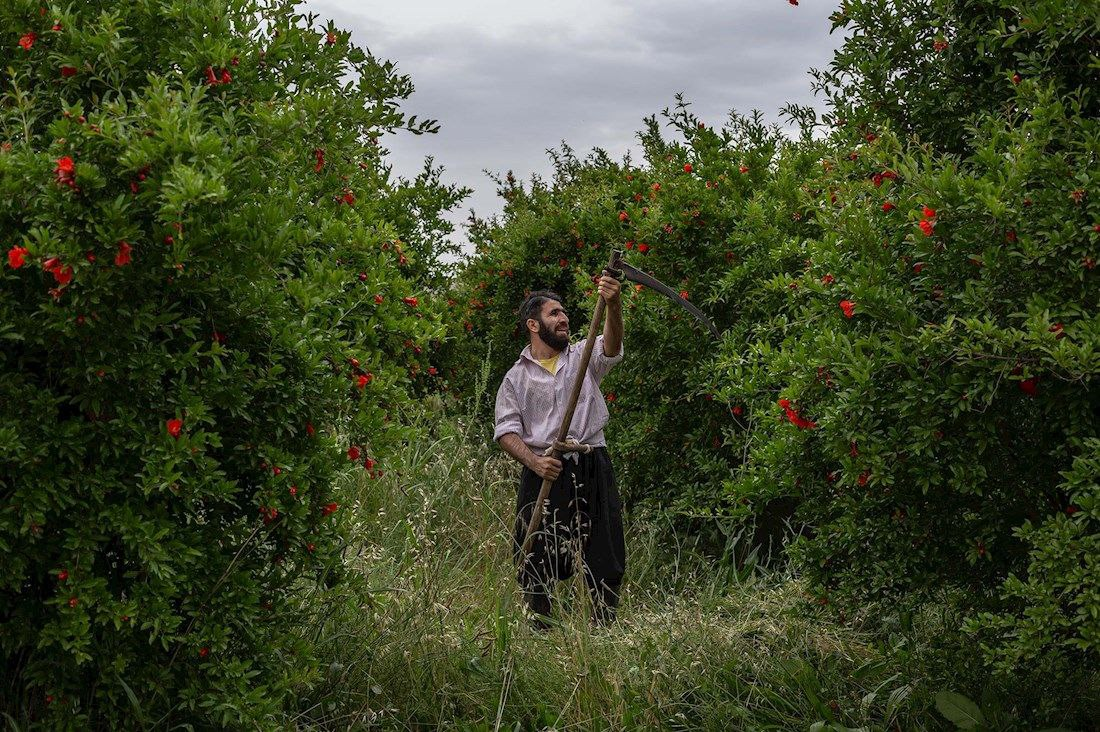
Heydari added: I don’t have the budget and organization to create this independent agency, and I created this platform through virtual space. The state of virtual space is clear and filtered. Because their lack of work has caused damage to the society, they close it altogether. While my activity and social communication platform was through virtual space. All this was destroyed. How can I transfer my ten years of hard work and social capital to Iranian platforms?!
Referring to his past activities, this documentary maker said: This project, especially its first season, was the result of our efforts in the past years. We had previously produced this topic and subjects in the form of a photo collection, and now it has turned into a film. For this reason, we were already familiar with the subjects of the first chapter and research had been done.
* The subjects of the second chapter are also the noble people of the villages
He said about the research of the second season: The research for the second season is in the final stage. The “Ordinary Heroes” research group consists of five university lecturers in different fields. We hope that their combination will cause good things and we will find interesting subjects for the next season. It goes without saying that the subjects of the second chapter are also noble people of the villages, and we are trying to make this connection deeper and the selection of subjects more accurate; Also, to have a greater impact on the audience and society.
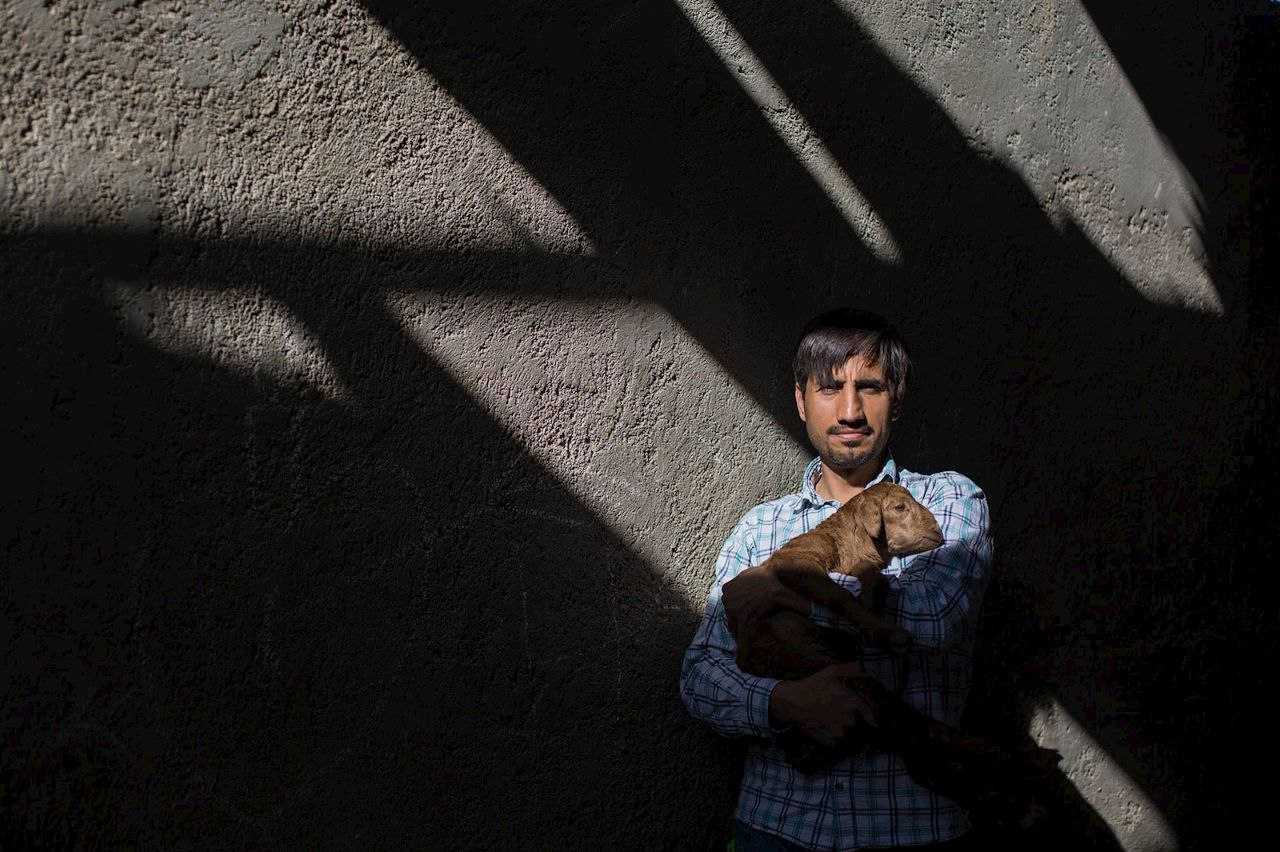
In the end, Heydari noted about the impact of social documentaries such as “Ordinary Heroes”: When we talk about the impact of the film, we are actually talking about the impact on human emotions. The medium of art, which includes cinema, has no way of knowing. No one can know by watching that movie; During the last ten years, we focused and thought on this issue and then produced it; We make films and express our knowledge. A film alone cannot solve a problem or create awareness; But it can give a perspective and be the foundation of a change.
“Ordinary Heroes” airs from Saturdays to Wednesdays at 6:00 p.m. on Oghov Sima channel, and its repetition is broadcast the next day at 00:30 and 7:00.
end of message/

